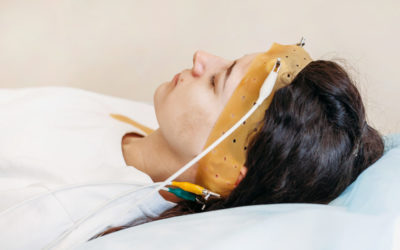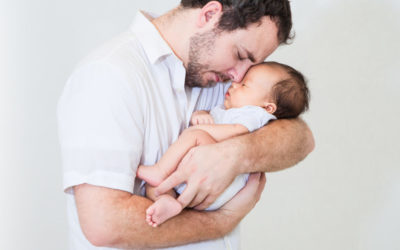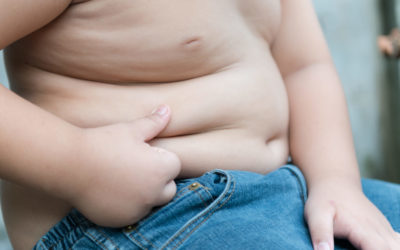Quick Hits
Daily brief research updates from the cognitive sciences

With such a title there is lots of scope for jokes about bad brains, bad genetics, and stupidity. Most of which are probably unjustified. And one of the things many of us involved at different levels in neuroscience are quick to point out is that the brain is plastic, it grows and learns – throughout life.
Nevertheless, it is important to find out about the underlying mechanisms and the limits to this plasticity.
Researchers at the UT Southwestern Medical Centre have discovered a genetic mutation that impacts memory and learning. Because learning is a complex process it is often nigh on impossible to identify single genes that contribute to this.
For this study the researchers conducted a large-scale mutagenesis screen – that is screened mice with multiple mutations in their genes to try to track down various neurological and behavioural traits. They then managed to identify a mutant mouse with spatial learning defects. They named the mouse Clueless – who said scientists don’t have a sense of humour.
With mice with similar mutations, they noticed that they learned badly in fear-conditioning tests, with reduced freezing, a natural response, and also defects in short-term and long-term memory. They could then map this to a single mutation in the Kcnc3 gene which encodes potassium channels in neurons (I won’t go into that here – quite a specific feature of a neuron which enables electrical impulses).
So fascinating to know that a single gene with quite specific functions can lead to larger scale learning deficits – and good to know this so that researchers can finally get a better grasp on some of these issues. There are likely many reasons for being clueless but one of them appears to be a mutation in the Kcnc3 gene.
No funny jokes about my degrading memory now!

Andy Habermacher
Andy is author of leading brains Review, Neuroleadership, and multiple other books. He has been intensively involved in writing and research into neuroleadership and is considered one of Europe’s leading experts. He is also a well-known public speaker, speaking on the brain and human behaviour.
Andy is also a masters athlete (middle distance running) and competes regularly at international competitions (and holds a few national records in his age category).
Reference
Pin Xu, Kazuhiro Shimomura, Changhoon Lee, Xiaofei Gao, Eleanor H. Simpson, Guocun Huang, Chryshanthi M. Joseph, Vivek Kumar, Woo-Ping Ge, Karen S. Pawlowski, Mitchell D. Frye, Saïd Kourrich, Eric R. Kandel, Joseph S. Takahashi.
A missense mutation in Kcnc3 causes hippocampal learning deficits in mice.
Proceedings of the National Academy of Sciences, 2022; 119 (31)
DOI: 10.1073/pnas.2204901119
More Quick Hits
Disagreements Improve Team Perception
We might assume that agreement would be high in high-performing teams – this study shows the opposite…
Brain Cells Adapt to Help You Stay Awake
Falling asleep is a funny thing – you don’t need to think about it when it happens but can cause many people who can’t incredibly frustration…
Dad Brain is Real
We know that mothers go through multiple physical and psychological changes after birth (and before) including change in brain structures but what about fresh fathers?
Mask-Wearing Makes You Better Behaved
This is a fascinating study that shows that wearing masks changes behaviour in subtle but important ways…
Coffee Can Help You Live Longer
Yes, that is good news for you (us) coffee drinkers. This supports plenty of more recent studies which have shown the health benefits of coffee…
Big Kids Die Earlier!
Before you panic – the conclusion in the title is based on research into mice not human beings – but there could potentially be some important insights for us human beings as well.






